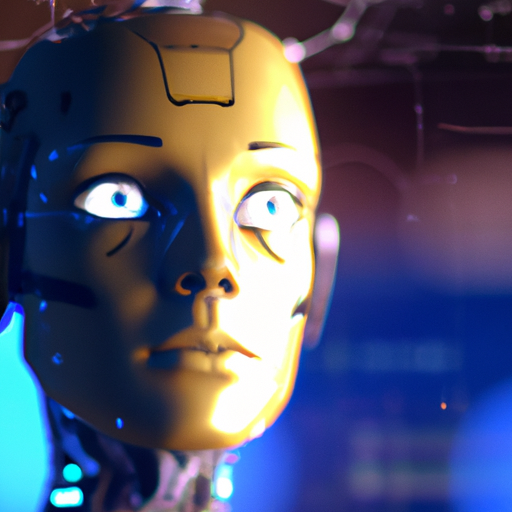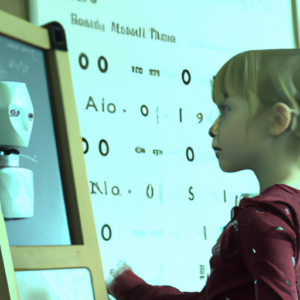AI has been a thing longer than you think.

AI has been a thing longer than you think.
The History of Artificial Intelligence: How AI Has Evolved Over Time
The history of Artificial Intelligence (AI) is a long and complex one, with its roots stretching back to the 1950s. AI has come a long way since then, and today it is used in a variety of applications, from self-driving cars to medical diagnosis. In this article, we will explore the history of AI and how it has evolved over time.
The first attempts at creating AI began in the 1950s, when researchers began to explore the possibilities of using computers to solve problems. This early research focused on creating programs that could mimic human behavior, such as playing chess or solving mathematical equations. This research was largely theoretical, and it wasn’t until the 1970s that AI began to be used in practical applications.
In the 1970s, AI began to be used in a variety of applications, such as robotics, natural language processing, and expert systems. These applications were largely limited to specific tasks, such as playing chess or solving mathematical equations. However, this was the first step towards creating more general AI systems.
In the 1980s, AI began to be used in more general applications, such as medical diagnosis and financial forecasting. This was the beginning of the modern era of AI, and it was during this time that AI began to be used in a variety of industries.
In the 1990s, AI began to be used in more complex applications, such as facial recognition and autonomous vehicles. This was the beginning of the modern era of AI, and it was during this time that AI began to be used in a variety of industries.
Today, AI is used in a variety of applications, from self-driving cars to medical diagnosis. AI has come a long way since its early days, and it is now used in a variety of industries. AI is constantly evolving, and it is likely that it will continue to be used in more and more applications in the future.
Exploring the Ethical Implications of AI: What Are the Risks and Benefits?
The development of artificial intelligence (AI) has been a major breakthrough in the field of technology, and its potential applications are vast. However, the ethical implications of AI are complex and far-reaching, and it is important to consider both the risks and benefits of this technology.
One of the primary risks associated with AI is the potential for it to be used for malicious purposes. AI can be used to create autonomous weapons systems, which could be used to target and kill people without any human intervention. Additionally, AI can be used to manipulate data and create false information, which could be used to manipulate public opinion or interfere with elections.
Another risk associated with AI is the potential for it to be used to discriminate against certain groups of people. AI algorithms can be trained to recognize patterns in data, and if these algorithms are not properly monitored, they could be used to make decisions that are biased against certain groups of people. This could lead to unfair outcomes in areas such as hiring, loan approvals, and criminal justice.
On the other hand, there are also many potential benefits of AI. AI can be used to automate mundane tasks, freeing up time for people to focus on more creative and meaningful work. Additionally, AI can be used to analyze large amounts of data quickly and accurately, which can be used to make better decisions in areas such as healthcare and finance. Finally, AI can be used to create more efficient and effective systems, which can lead to improved productivity and cost savings.
In conclusion, the ethical implications of AI are complex and far-reaching. It is important to consider both the risks and benefits of this technology in order to ensure that it is used responsibly and ethically.







